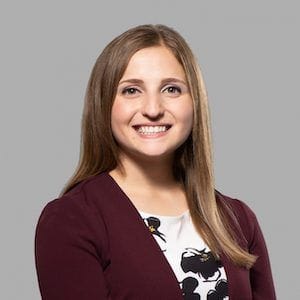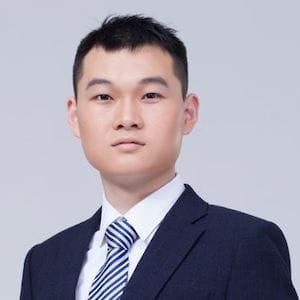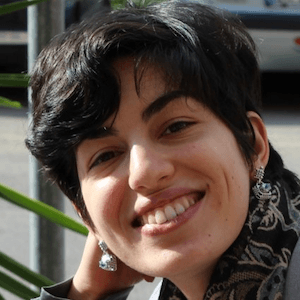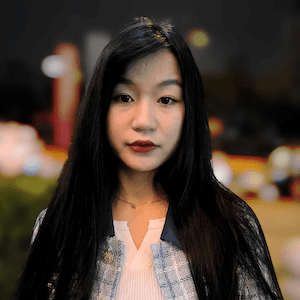This initiative has been a rewarding opportunity for Nano Letters to showcase some of the most compelling nanoscience and nanotechnology prospects from graduate students in different areas of the world.

Nano Letters is committed to building a global community of young investigators and supporting their research development. We are also invested in equity and diversity, both individually and worldwide.
Our pilot Seed Grants competition in 2022, focused on highlighting the next generation of research scholars and research ideas worldwide. This initiative has been a rewarding opportunity for Nano Letters to showcase some of the most compelling nanoscience and nanotechnology prospects from graduate students in different areas of the world.
“Thank you to all who submitted proposals for this year-long competition. The associate editors and I appreciated reading through your creative ideas and approaches to solving timely and important problems. We also congratulate you for taking the initiative to share your ideas with us at Nano Letters.” - Teri W. Odom, Editor-in-Chief.
As 2022 ends, we’re delighted to shine a spotlight on our winners for each of the four different geographical regions of the competition.
North America
For nominations from North America, the winner is Liza-Anastasia DiCecco.

Liza-Anastasia is the Vanier Scholar and Ph.D. candidate in Materials Engineering at McMaster University. She is recognized for her research proposal on “Capturing Nanoscale Biointerface Mineralization Events Using In Situ Liquid Transmission Electron Microscopy”. Her Faculty Advisor is Dr. Kathryn Grandfield.
East Asia
For nominations from East Asia, the winner is Mingcheng Panmai.

Mingcheng Panmai is a third-year doctoral student at South China Normal University in Guangzhou, China. Mingcheng is supervised by Sheng Lan.
He is recognized for his research on creating and studying nanoscale antennae, metamaterials, and nonlinear optics. His proposal is geared toward using silicon nanostructures as light emitting devices.
Europe, Australia, and New Zealand
For submissions from Europe, Australia, and New Zealand, the winner is Elena Blundo.

Elena Blundo is a third-year doctoral student at the Optical Spectroscopy of Nanostructured Materials laboratory in Sapienza, University of Rome. Elena is supervised by Prof. Antonio Polimeni.
Elena is a prolific young researcher investigating strained 2D crystals, especially the mechanical and photonic properties of bubbles and domes formed by 2D crystals. She proposes to fabricate an array of nanodomes of monolayer transition metal dichalcogenides (TMD) through irradiation to achieve near-ideal single-photon sources emitting at telecom wavelengths.
Central America, South Asia, and Africa
For submissions from Central America, South Asia, and Africa the winner is Jinqi Wu.

Jinqi is a third-year doctoral student at Nanyang Technological University, Singapore.
In her proposal, Jinqi is motivated to engineer the lattice potential in perovskite polaritons with the aim to further enhance the nonlinear interaction strength toward the quantum regime.
The broad impact of her proposal is relevant for highly efficient polaritonic devices, such as all-optical quantum gates and polariton networks or quantum simulators.
